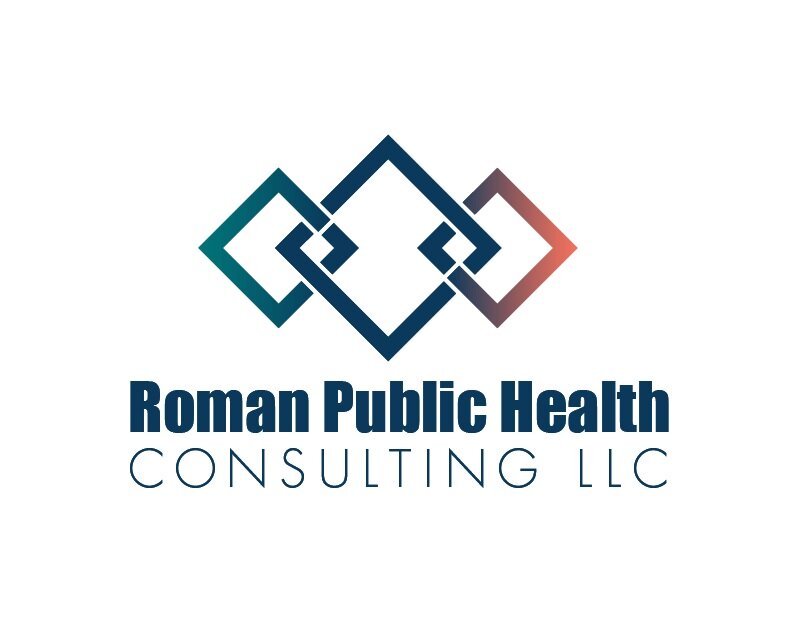Buyer Beware: Vetting Public Health Learning Products
When I first started public health consulting in 2013, I knew a few other consultants. Almost everyone ran a service-based business. Clients hired us to take on a specific public health task- grant writing, needs assessment, program evaluation, etc. In recent years (and especially post-COVID), the landscape has really changed for public health consultants and entrepreneurs. More and more people are “selling stuff”, especially learning products and experiences: ebooks, online courses, masterclasses, virtual summits, coaching programs, mastermind groups, etc.
As the public health marketplace has gotten more crowded with sellers and products, I’ve often wondered “how do we find the good stuff?”
As if reading my mind with this question, I’ve spent the past few weeks following a fascinating conversation in the instructional design community. Cara North, a leader in learning & development, recently created a video outlining questions buyers should ask before purchasing and participating in instructional design academies- programs designed to help new or struggling instructional designers successfully transition into the field. I highly recommend you give the video a watch- all the questions are applicable to purchasing products in our field as well!
As Cara points out, these programs often market to people who are vulnerable. I think the same is true for public health. Many learning products and experiences are targeted towards public health students and new professionals (who often have significant school loan debt) and/or people who are struggling to find a public health position and therefore are desperately looking for a way to make their resume standout.
People who are vulnerable want what’s being promised by sellers:
Get hired quickly
Get hired for a higher salary
Get more clients
Get marketable skills that help you stand out
Start your own business in 3 easy steps
Unfortunately, as many of us know, some products do not deliver. Therefore, public health learning products need to be vetted before making an investment.
Here are some questions I ask myself when considering a professional investment:
(1) Who is the seller?
Are they qualified to teach or design this product or learning experience?
Are they an “expert” in this niche area?
Have I gotten a sneak peek of their work and been impressed? *If I have been following someone’s social media, podcast, or blog and been continually impressed with their knowledge and resources, I’m much more likely to buy.
Check out their website, LinkedIn profile, socials- do they have a strong presence and significant experience in the field?
(2) Does the product or learning approach match the promised transformation?
This is really important because often they do NOT match.
I have seen one-hour webinars promise the world to participants (“it will transform your business!”) But let’s be real- learners typically need the opportunity to engage with the content, practice, get feedback (etc.) before it can completely “transform” their work or business.
Make sure the transformation or expected learning outcomes are clear, reasonable, and in alignment with program length and design.
(3) Is it better than the free resources available?
There is a tremendous amount of high quality advice and resources available for free these days (e.g., YouTube, podcasts, etc.)
What does this product give you that’s “extra” or “unique”? For example, do you get to attend live Q/A sessions with the course creator, workbooks, templates, networking opportunities, custom feedback on your work, etc.?
(4) Are there referrals or testimonials from people that I trust?
A personal referral always carries a lot of weight for me. If a fellow public health colleague highly recommends a program or resource, I’m more likely to purchase.
Remember that affiliates may be getting paid to share the program, so take that with a grain of salt. *This doesn’t mean the program isn’t fantastic, but it’s important to know when people sharing the registration information or writing testimonials are being paid a percentage of registration fees. Ideally, these relationships are clearly disclosed.
(5) If it’s a training or course: is it approved for continuing education credit?
If a course is pre-approved for credit (e.g., certified health education specialist CHES/MCHES), then I know that the course content and learning objectives have been evaluated by an objective reviewer and determined to be an effective and appropriate learning experience.
Note: While today’s post is written towards the audience of “buyers” for public health learning products, I also encourage creators to look at Cara’s video and the questions above to make sure your products are worth the money for your audience.
I personally am taking this opportunity to review things I’ve created or have in development to make sure I can clearly and effectively answer these questions about things that I sell.
I’d love to hear from you! Please comment below:
In addition to the questions listed here, what else do you ask or research before investing in a public health learning product?
If you’ve had a great experience with a learning product or learning experience, what made it so positive?
On the flip side, if you’ve had a negative experience with a learning product or learning experience, what contributed to the disappointment for you? (Please don’t name the seller here, I don’t want these comments to hurt another person’s business)

